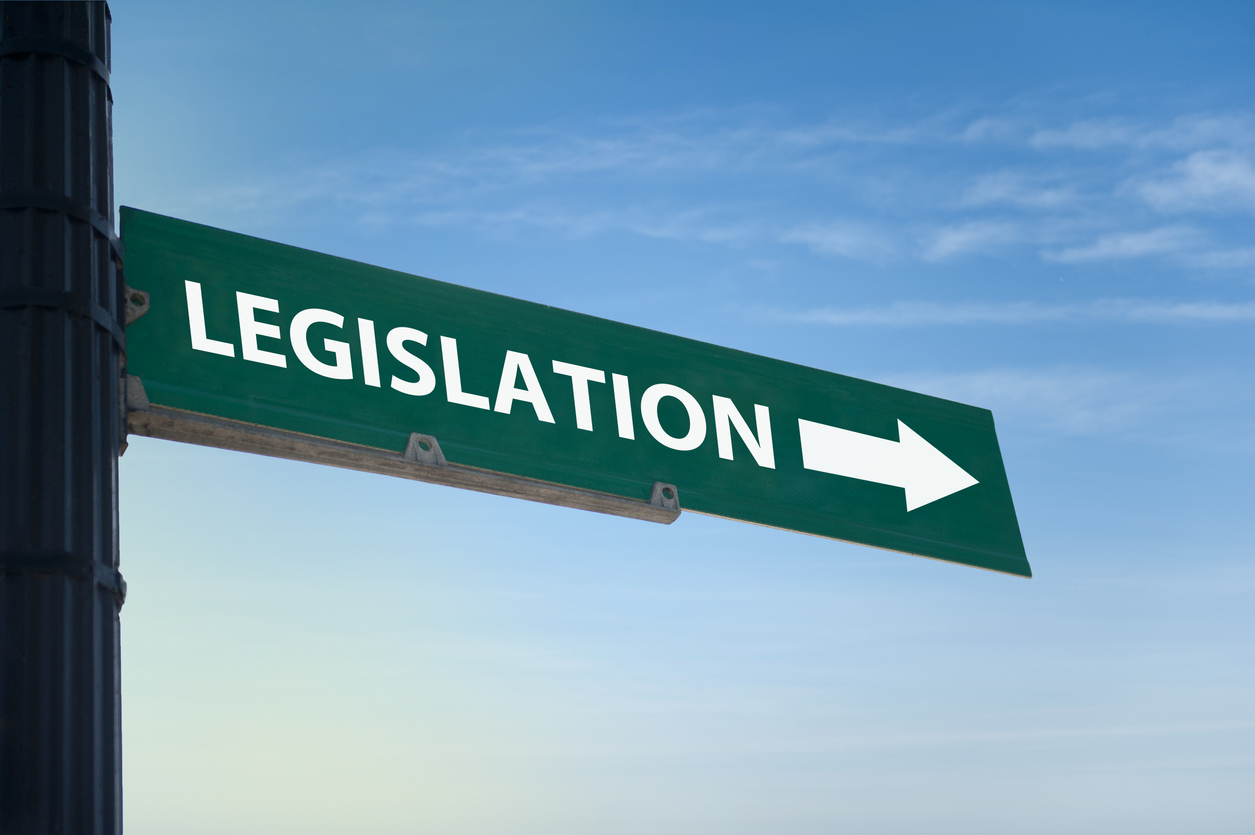How Shifting Language Away from “Bad Faith” and Towards “Good Faith” Could Benefit Policyholders, is a post that should be studied. Insurance companies must be held accountable for harm caused when they fail to act in “good faith” and foreseeable damages occur to their policyholder. The standard has nothing to do with somebody or entity being “bad.” The post correctly noted:
The pre-suit claim resolution process should not be adversarial. When insurers make the pre-suit claim resolution process adversarial, we argue impropriety. Why, then, would it be beneficial to policyholders to make the pre-suit claim resolution process adversarial? In short answer, it would not be.
There are inevitable differences of opinion about the amounts owed following a loss. The question for the insurer is “are our claims adjusters acting in good faith while doing investigating and evaluating the loss?” Honesty is the only policy when it comes to “good faith.” Sometimes, it is easy to see when a claims office is not being honest, as I noted twelve years ago in, The Obligation of Good Faith Claims Handling and Policyholders’ Perceptions of Why it Does Not Happen, and the insurance company does not provide its estimates and all expert reports:
Could you imagine what would happen if a wife asked her husband, “Honey, where were you,” and one of two answers were given:
1. ‘I am not going to tell you where I was because there is no law or regulation that says I have to tell you.’
2. ‘I stopped by the Alibi Lounge to have a drink with the guys.’ Which may have been true, but only after also seeing ‘my girlfriend’ for an hour outside the lounge.
….
There are claims managers that mandate full transparency of issues and questions. One State Farm senior claims manager even said that his company has an obligation to provide all drafts to policyholders. This type of transparency in the claims process should be applauded, even if it eventually ends up in a dispute. Honest and good faith differences of opinion can occur. Why not be honest about those?
I will go over these good faith duties this afternoon. I will also suggest a different rhetoric and dialogue which should be used to help settle claims. I will also warn about what should never be said orally or in writing if you want to get a claim settled before litigation.
Here is a link for Tuesday at 2 EST today.
Thought For The Day
Criticism in good faith is good. When it’s targeted solely to destruction, I’m not interested.
—Andrea Bocelli




